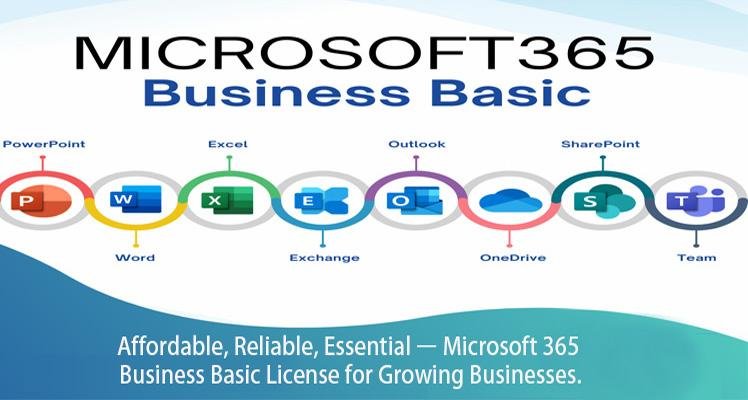Microsoft Azure has revolutionized the way Indian businesses approach cloud computing, enabling scalable infrastructure, AI-driven insights, and global reach. However, as organizations explore this powerful platform, understanding the licensing structure and associated costs becomes critical. Azure operates primarily on a pay-as-you-go model, but there are also options for reserved instances, enterprise agreements, and volume licensing that appeal to different business needs. In India, the cost can vary significantly based on resource consumption, commitment levels, and the partner through whom the services are procured.
The basic Azure cost model is based on consumption—the more compute, storage, and networking resources you use, the higher the monthly invoice. Reserved instances offer a discount of up to 72% over pay-as-you-go if you commit to one- or three-year plans, making them ideal for steady-state workloads. For broader deployments, Indian enterprises often opt for Azure Enterprise Agreement (EA), which bundles multiple services under one pricing model and comes with support credits.
When seeking Azure licenses in India, many companies prefer working with Microsoft Azure partners or resellers. These entities provide strategic services such as architectural design, migration assistance, cost optimization, and billing transparency. Azure partners also enable businesses to leverage local pricing benefits, including GST-compliant invoicing and regional support. For example, a mid-sized company may purchase Azure resources through a reseller with reserved instances and receive monthly reports highlighting usage and cost-saving opportunities.
